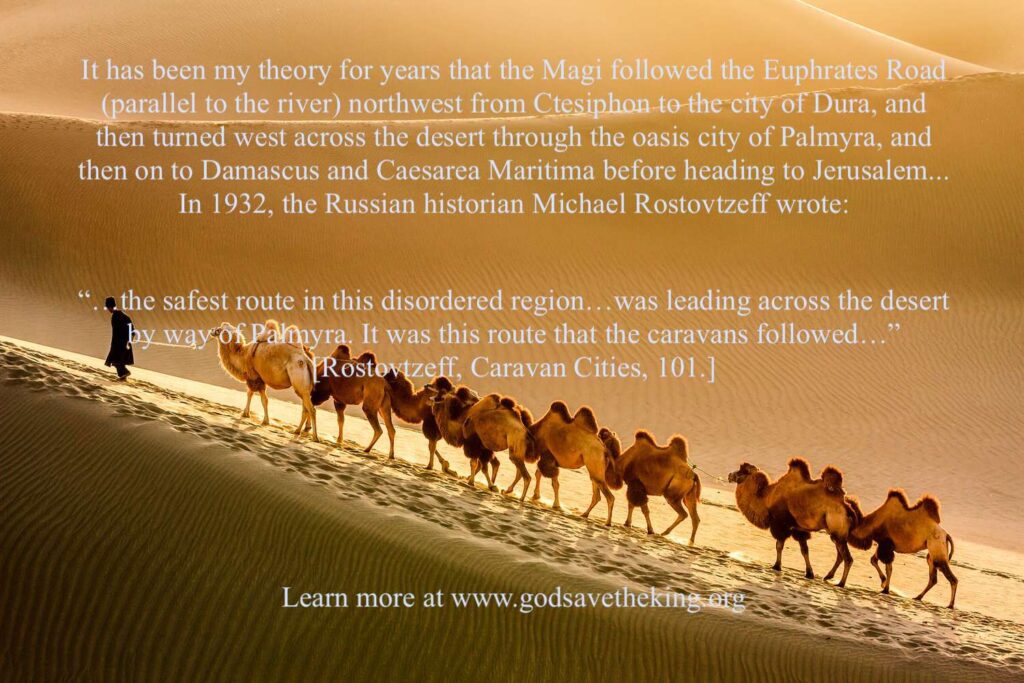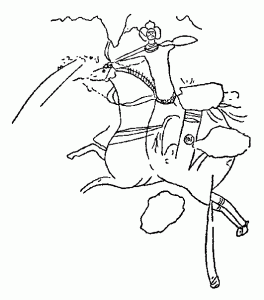
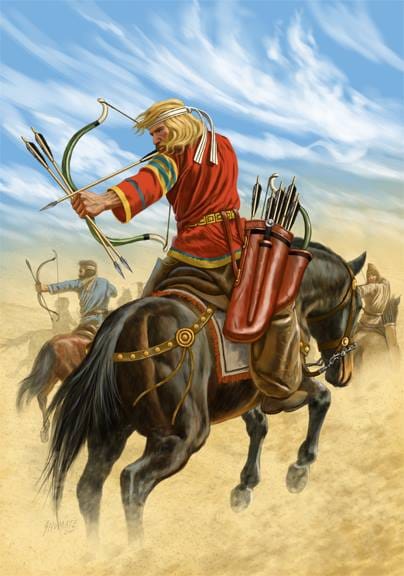
Dura Europos was a Greek, then Parthian, then Roman city on the western bank of the Euphrates River approximately 310 miles northwest of the Parthian capital of Ctesiphon on the Tigris. It was founded around 300 BCE by Seleucus I Nicator, a general under Alexander the Great, and founder and namesake of the Seleucid Empire following the wars of the Diadochi.
The Arsacids (Parthians) conquered Dura around 113 BCE. During the late 1st century BCE (the focal time frame of God Save the King), it was an important provincial administrative center and last fully Parthian controlled city on the trade routes (Silk Road) headed north and west from the Parthian heartland.
It is this author’s hypothesis that the Parthian ambassadorial entourage (wise men, or Magi), led by delegates from the House of Suren, would have traveled northwest from Ctesiphon to Dura Europos along the Euphrates Road, then turned left to head across the Syrian desert to the independent oasis city of Palmyra, then to Roman Damascus (administrated by Herod for Rome), then to Herod’s administrative capital at Caesarea Maritima (expecting to find Herod there), and then finally to Jerusalem and Bethlehem.
Archaeological research at Dura has revealed graffiti on private houses of both Parthian light and heavy cavalry that likely would have accompanied the ambassadorial entourage in large numbers.
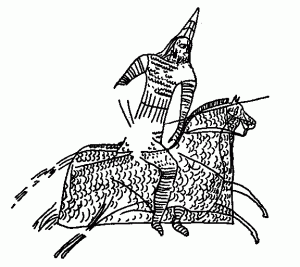
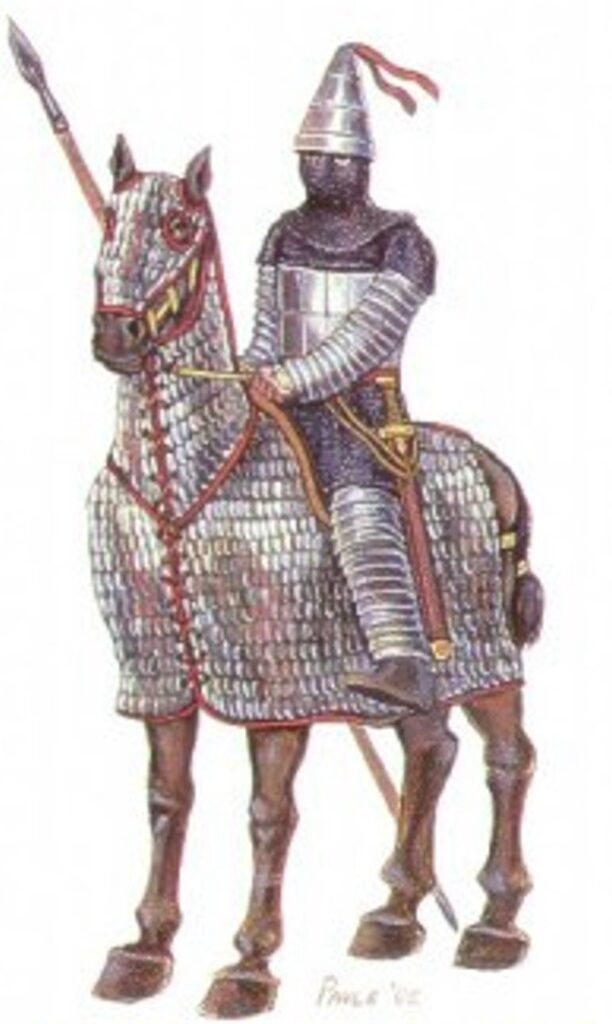
Unlike “We Three Kings” who are typically portrayed as riding camels, the Parthians were a horse culture. Camels were also used as pack animals, but it is unlikely that the Parthian Magi, due to their station and job description rode camels as personal transport.
Based on historical records such as Plutarch, the Magi in general and House of Suren in particular (the noble house that held the hereditary right to coronate the king) typically traveled with 10,000 cavalry as escort.
No wonder that Herod, a Roman appointee and therefore illegitimate king of Judaea (by biblical standards at least) was “troubled” and all Jerusalem with him (Matthew 2:3) at the arrival of Parthian “kingmakers” with enough muscle to enforce their will if needed.
God Save the King
